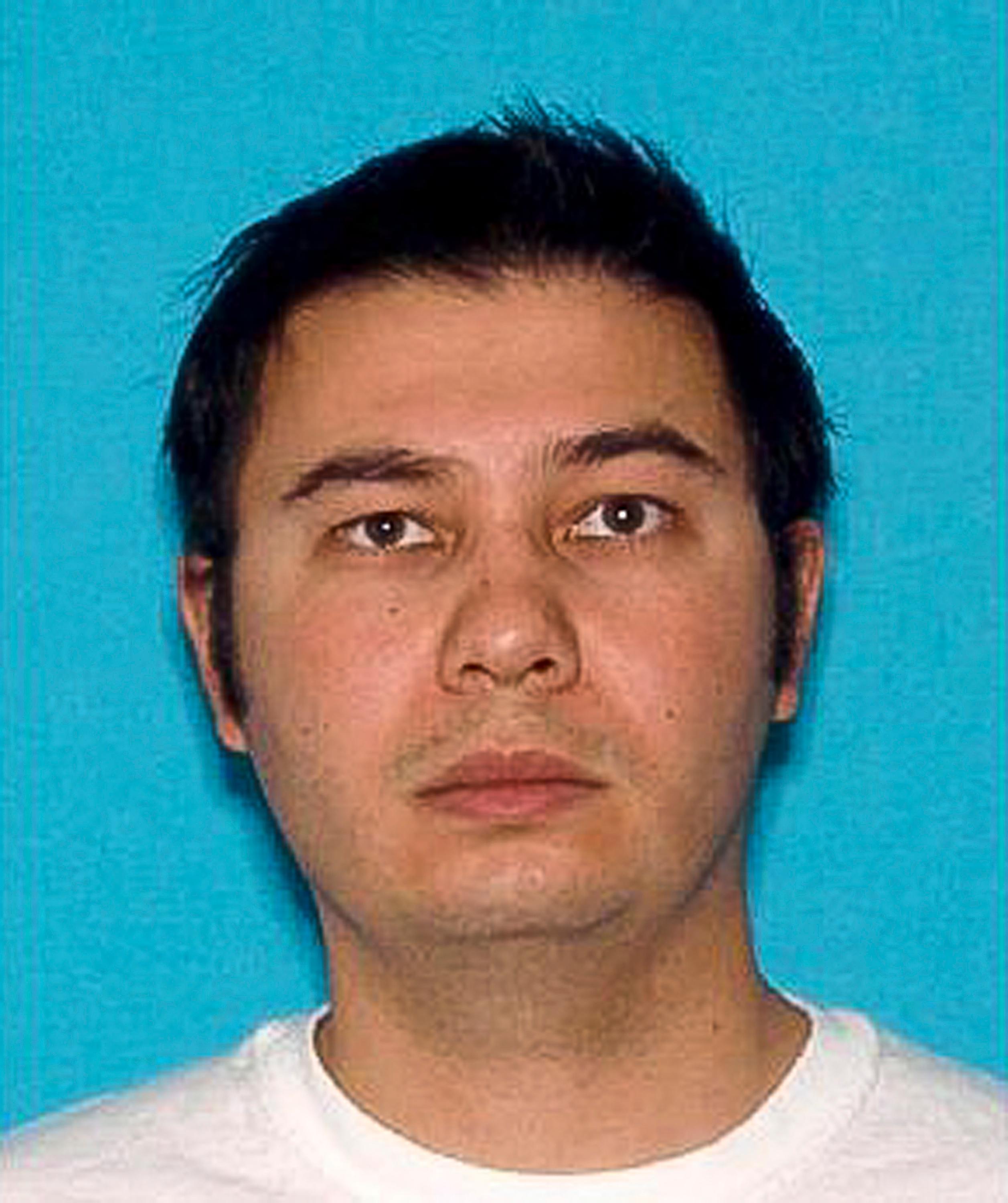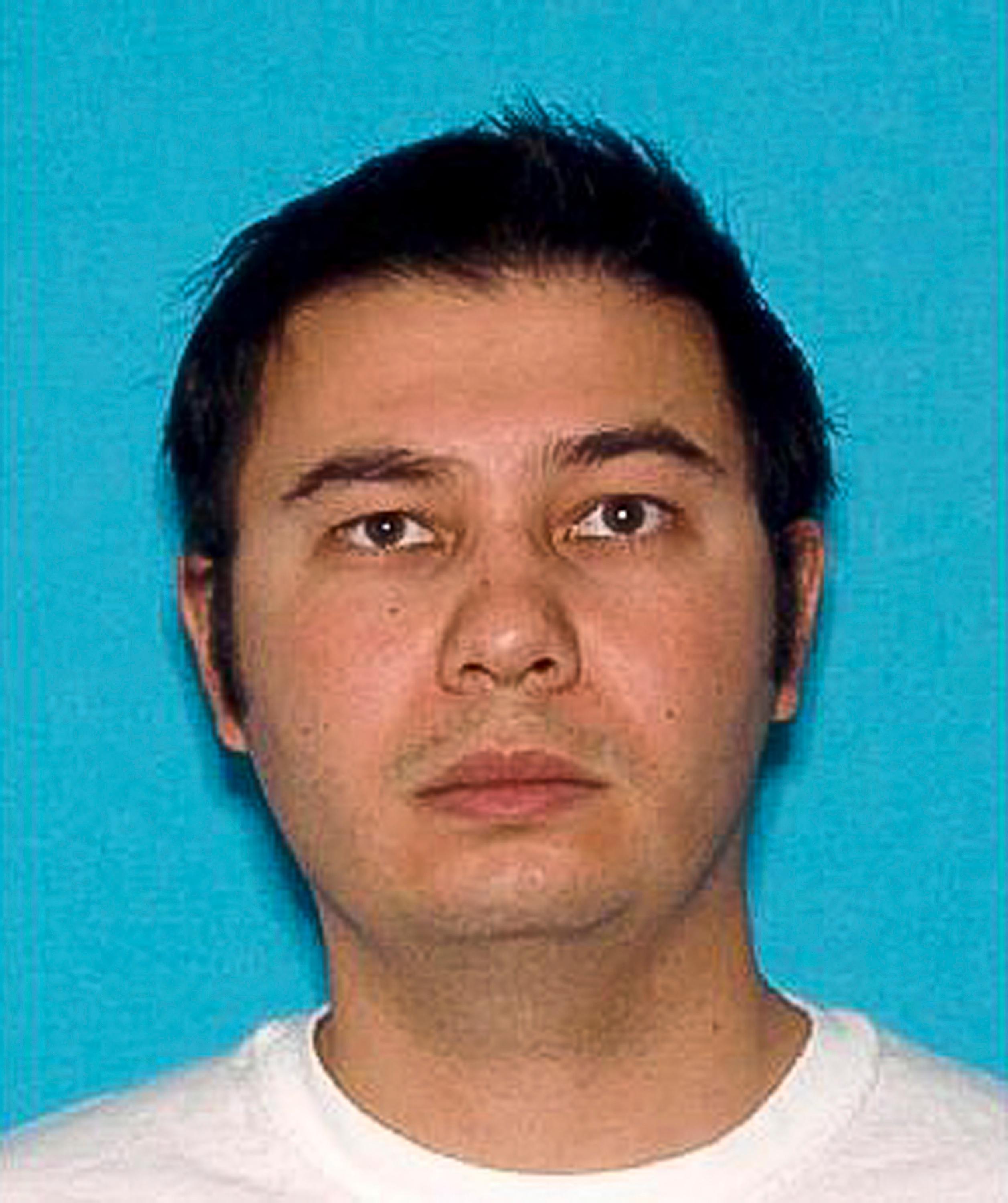

Are there times in people's lives when they just shouldn't have firearms? Like when they pose a threat to their own safety or public safety?
In the wake of the shooting that involved Matthew Riehl, where Douglas County Sheriff's Deputy Zackari Parrish and Riehl were killed and four more officers injured, there's been a call for giving law enforcement more tools to deal with firearms and mental health. A "red flag" bill introduced in the legislature would allow for guns to be temporarily take from someone who is a significant risk to themselves or others.
Riehl had access to guns and had been diagnosed with bipolar and PTSD symptoms. He also had been harassing his family, made threats against his law school professors, and against local police, who had been dealing with him for months.
"Imminent Danger," a special report from Leigh Patterson and John Ferrugia of Rocky Mountain PBS, looks at the questions raised by Colorado's "imminent danger" statute. Matthew Riehl is an example of an individual who was not an imminent threat - until he was. The statute was used to issue 34,000 mental health holds in Colorado in 2017, but there are other high profile examples of people who weren’t an imminent threat until it was too late. Many argue that this bar is simply too high and that Colorado needs a red flag law to lower that bar.







